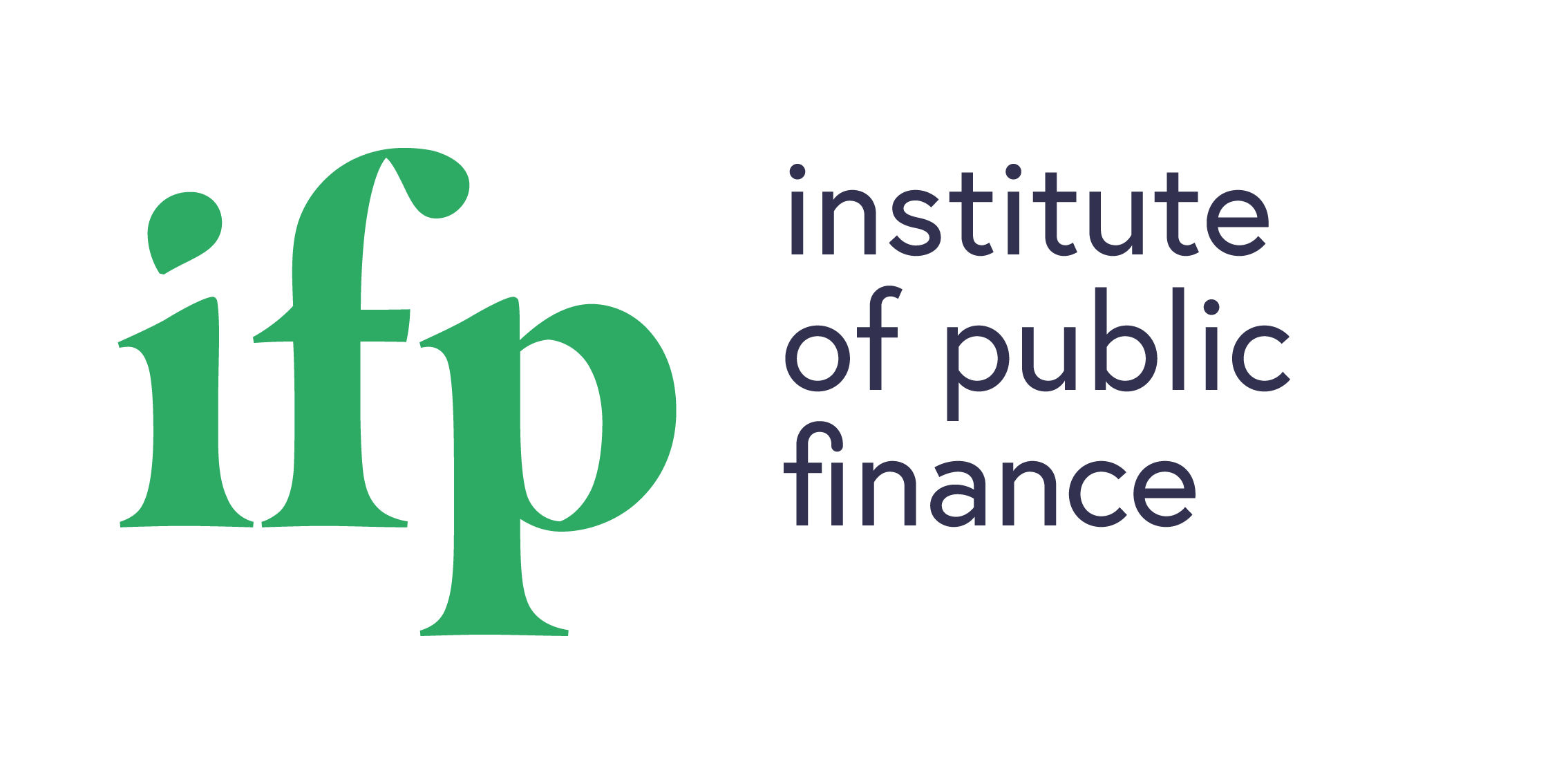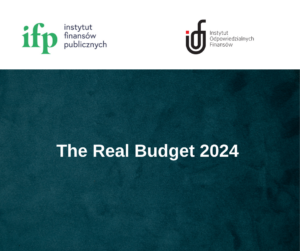Joint research and publications, exchange of experiences and advocating integrity and transparency in the management of public funds at every level of government are the main goals of the cooperation between the Institute of Public Finance and the Corruption Research Center Budapest (CRCB) that has just been launched.
The CRCB studies corruption in various areas, primarily in Central and Eastern European countries. The Center’s experts publish reports in which they present statistical and economic data, as well as individual examples of various irregularities resulting in the misuse of taxpayers’ money and funds from EU programs.
“The Institute of Public Finance also analyzes the situation not only in Poland, but also in the region. Hungary’s perspective is similar to Poland’s in many areas, many phenomena are of a similar nature in both countries. Comparative analysis, also of other countries from our part of Europe, can help us work together to combat pathologies. In addition, both organizations have slightly different scientific competencies, we study slightly different areas based on different data sets. This makes it possible for us to complement each other.” – says chief economist and president of the Institute of Public Finance Dr. Slawomir Dudek.
The cooperation will consist of joint research projects. The two institutions will also develop recommendations and present them to the public not only in both countries, but also in other EU member states and to EU institutions.
“Transparency and integrity in the management of public funds is an important subject of CRCB’s research. To confront corruption, we need to pool expertise and try to understand its mechanisms. This evidence-based approach is shared by us and the Institute of Public Finance. Combining our efforts will certainly benefit our research,” – says Dr. István János Tóth, director of the CRCB.
The Corruption Research Center Budapest was established in response to the growing demand for independent research on corruption and the quality of governance. The Center was established as a non-partisan think tank independent of governments, political parties or special interest groups. It is financed by private donations, research funds and the Center also works for international institutions, NGOs, and private companies.



